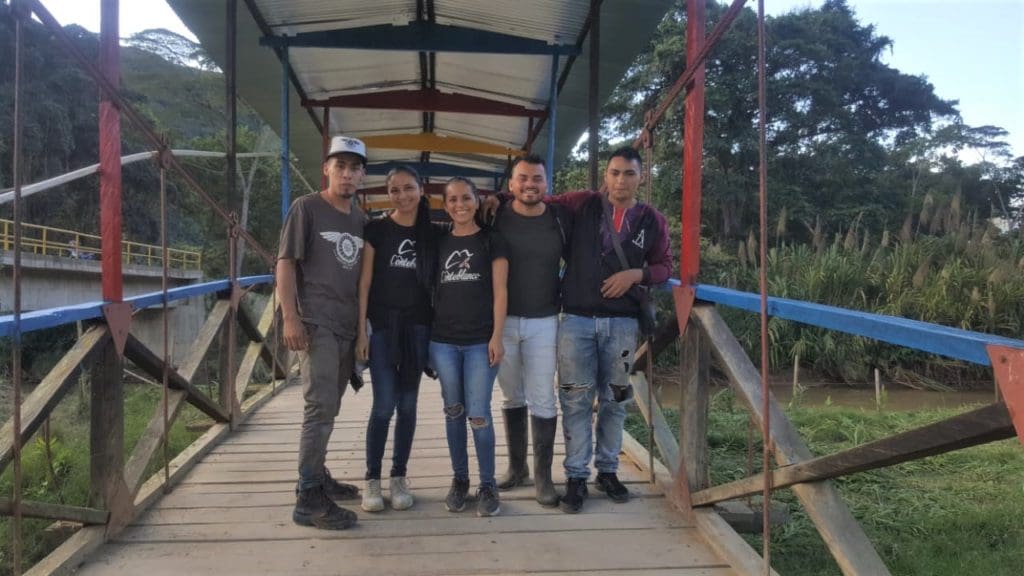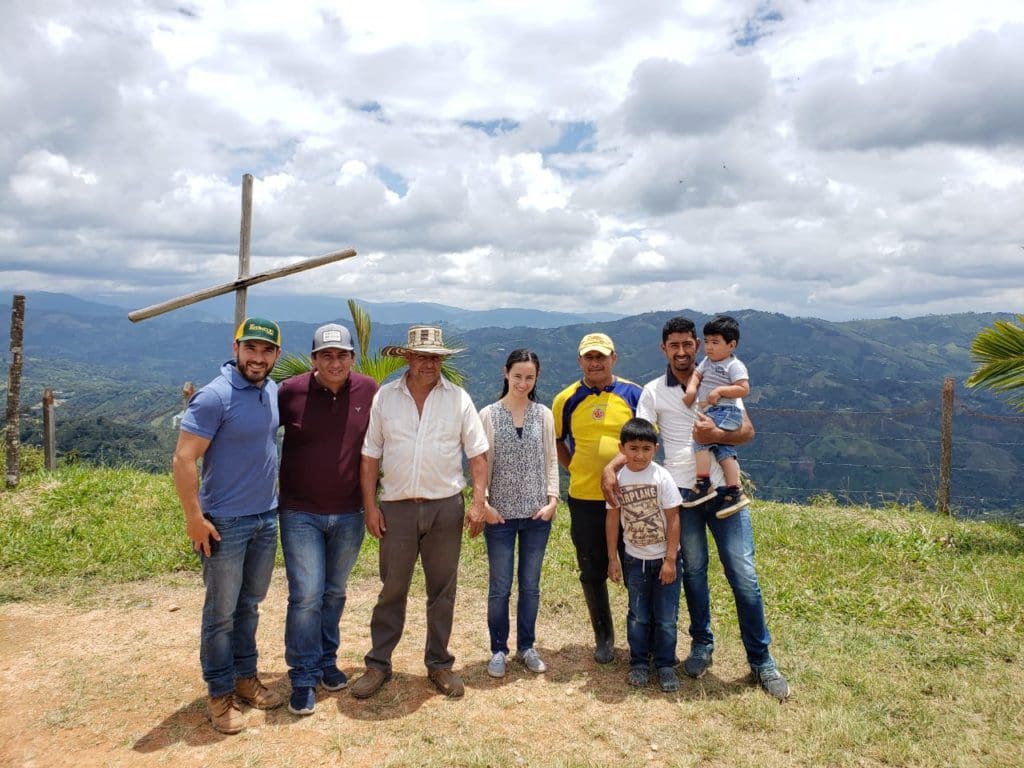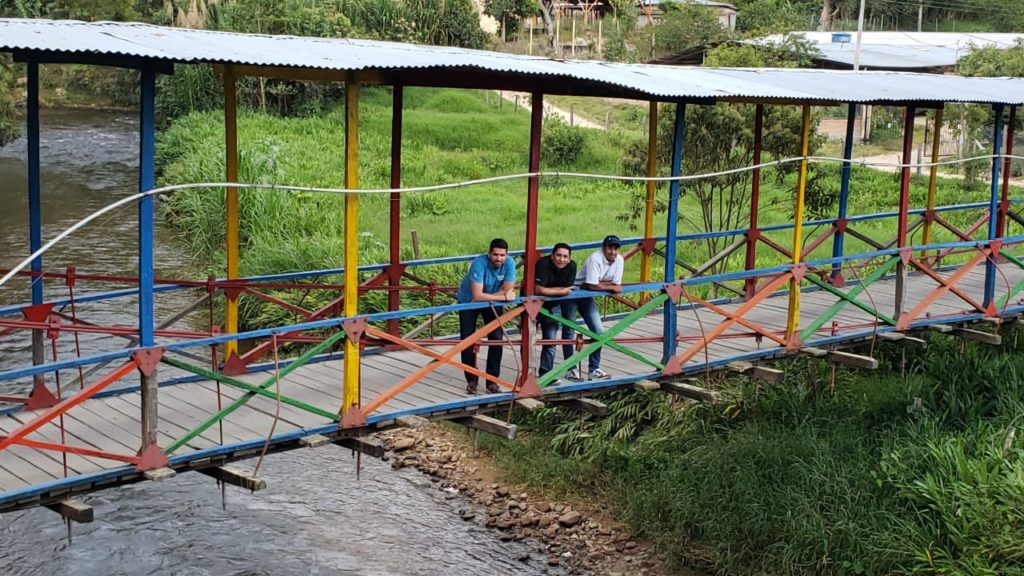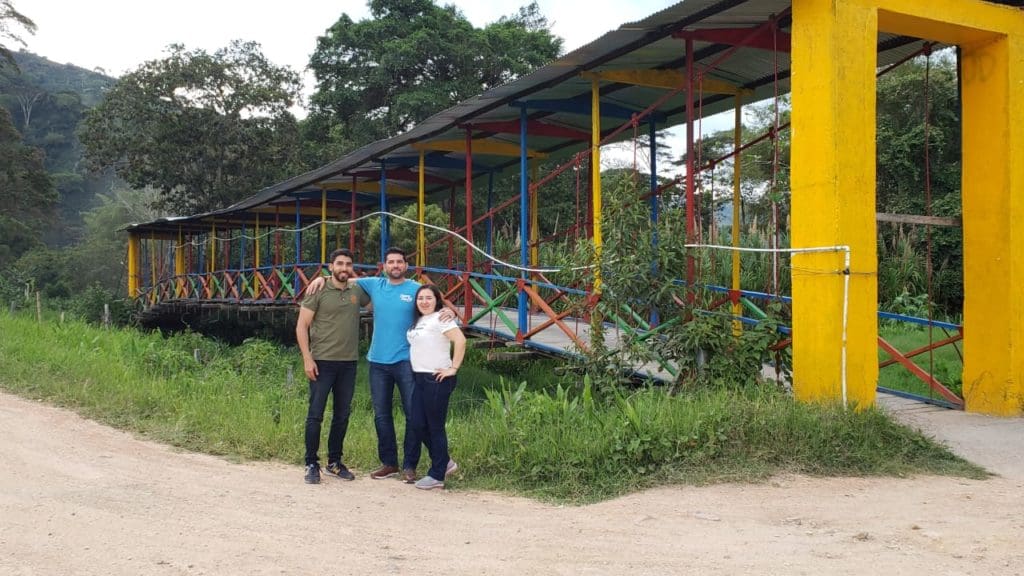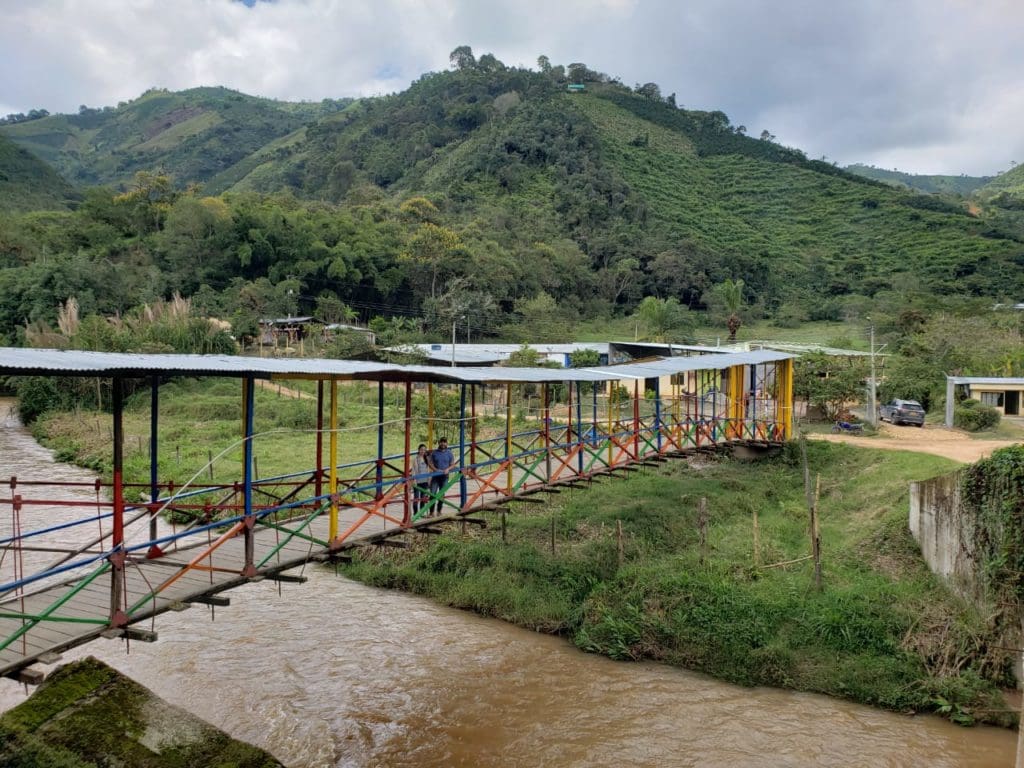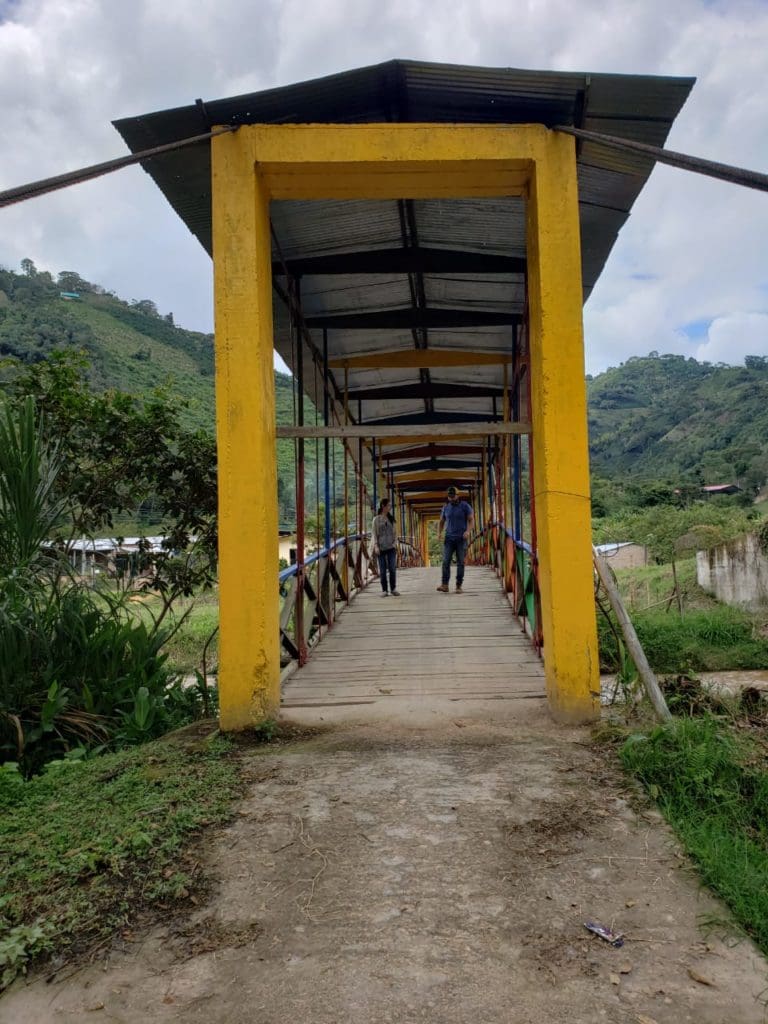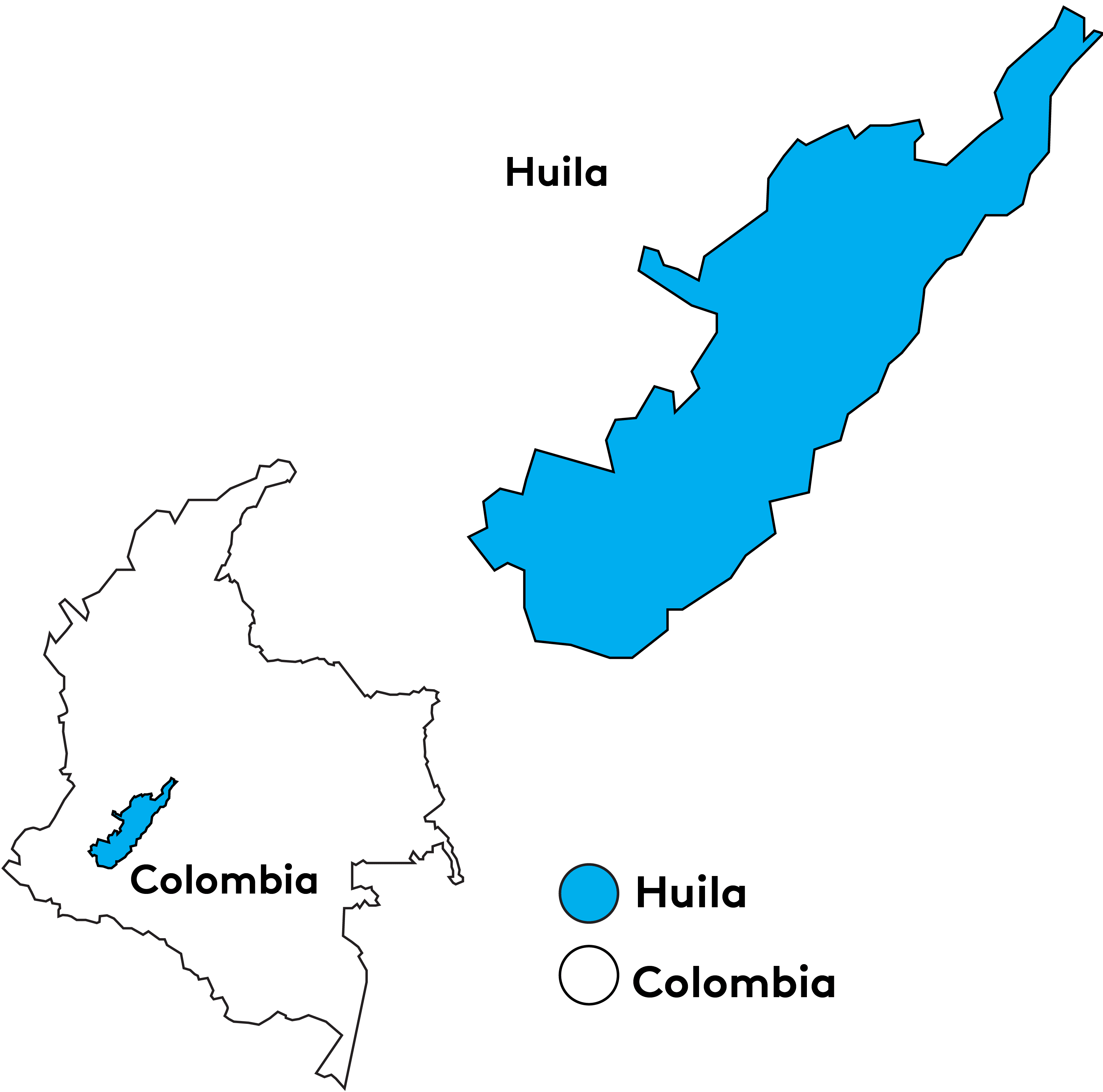Region
Huila
The Colombian Department of Huila is located in the southern portion of the country where the Central and Eastern ranges of the Andes mountains converge. Huila’s capital city of Neiva is dry, flat, and desert-like, markedly different from the coffee regions further south.
Centered around the city of Pitalito, Huila’s coffee farms are predominately smallholder owned and over the past ten years have made consorted efforts to produce specialty coffee that reveals the full character of the region’s terroir. Selective manual harvesting, attentive processing, and careful post-harvest sorting all contribute to increasing recognition of the region.
Huila’s Departmental coffee committee, the local connection to the national Colombian Coffee Growers Federation, has invested notable resources into training producers in everything from fertilization to roasting. This, combined with producer enthusiasm, has created a regional culture of quality-focused production.
Huila holds important historic significance dating back to pre-Columbian cultures. The archeological site at San Agustin includes a large number of stone carvings, figures, and artifacts that offer a rare glimpse into the land’s past prior to colonialism.
